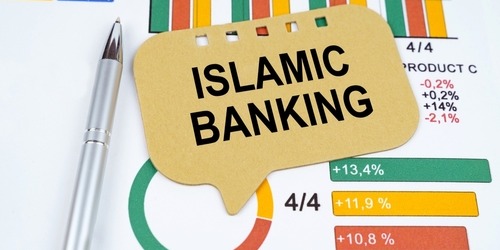Strong banking, sukuk performance drives Islamic finance growth in 2024
Strong banking and sukuk performance has propelled double-digit growth for the global Islamic finance industry in 2024, a recent report has revealed.
Total assets of the Islamic finance industry's increased by 10.6% in 2024, with Islamic banking assets contributing 60% of the sector’s growth last year, an S&P Global Ratings report detailed.
Geograpically, the GCC accounted for 81% of the industry’s growth, with Saudi Arabia contributing two-thirds of it.
“This strong performance results from opportunities created by the Saudi government's Vision 2030 program and the deep integration of the Islamic banking industry in Saudi Arabia.”
The momentum is expected to continue this year, as financing needs driven by economic transformation programs will remain high, and the inherent preference for Islamic finance will persist, the report added.
Saudi Arabia's economic transformation plan will continue to translate into significant banking system growth, provided it attracts sufficient refinancing sources, including sukuk issuances from the international capital market, the rating agency added.
This will be complemented by the UAE’s non-oil economy along with its capital expenditure needs, which will shore up financing requirements and sukuk issuances in 2025.
The Islamic banking sector is expected to grow by high single digits across the Asia-Pacific region over the next couple of years.
“Robust demand for Islamic products and services in Malaysia and significant market potential in Indonesia, Bangladesh, and Pakistan support this trend,” it added.
While sukuk issuances dipped slightly from $197.8 billion in 2023 to $197.8 billion in 2024, global sukuk issuance is likely to reach about $190 billion-$200 billion in 2025, with foreign currency-denominated issuance contributing $70 billion-$80 billion.
S&P has revised its oil price assumption to $65 per barrel for the remainder of 2025 and $70 per barrel from 2026. However, a further decline in oil prices could reduce the growth prospects for core Islamic finance economies and markets.
Adopting Sharia Standard 62 could also disrupt the sukuk market from 2026 by potentially reclassifying the instruments from debt-like to equity-like.
“If Standard 62 is adopted as proposed, we anticipate the industry could become more fragmented and less attractive to investors and issuers due to higher sukuk pricing for issuers and fewer fixed-income investors,” the report noted.

